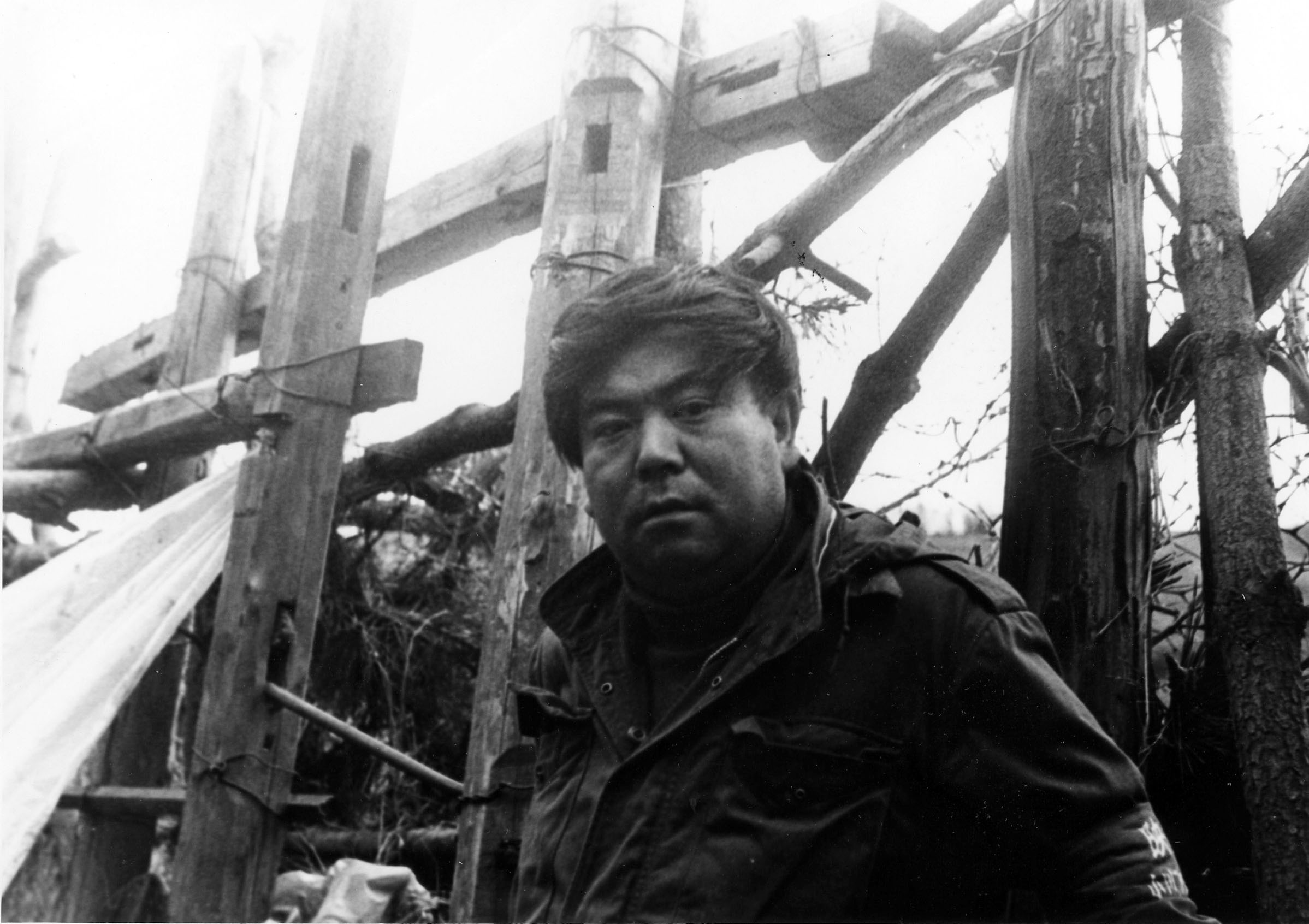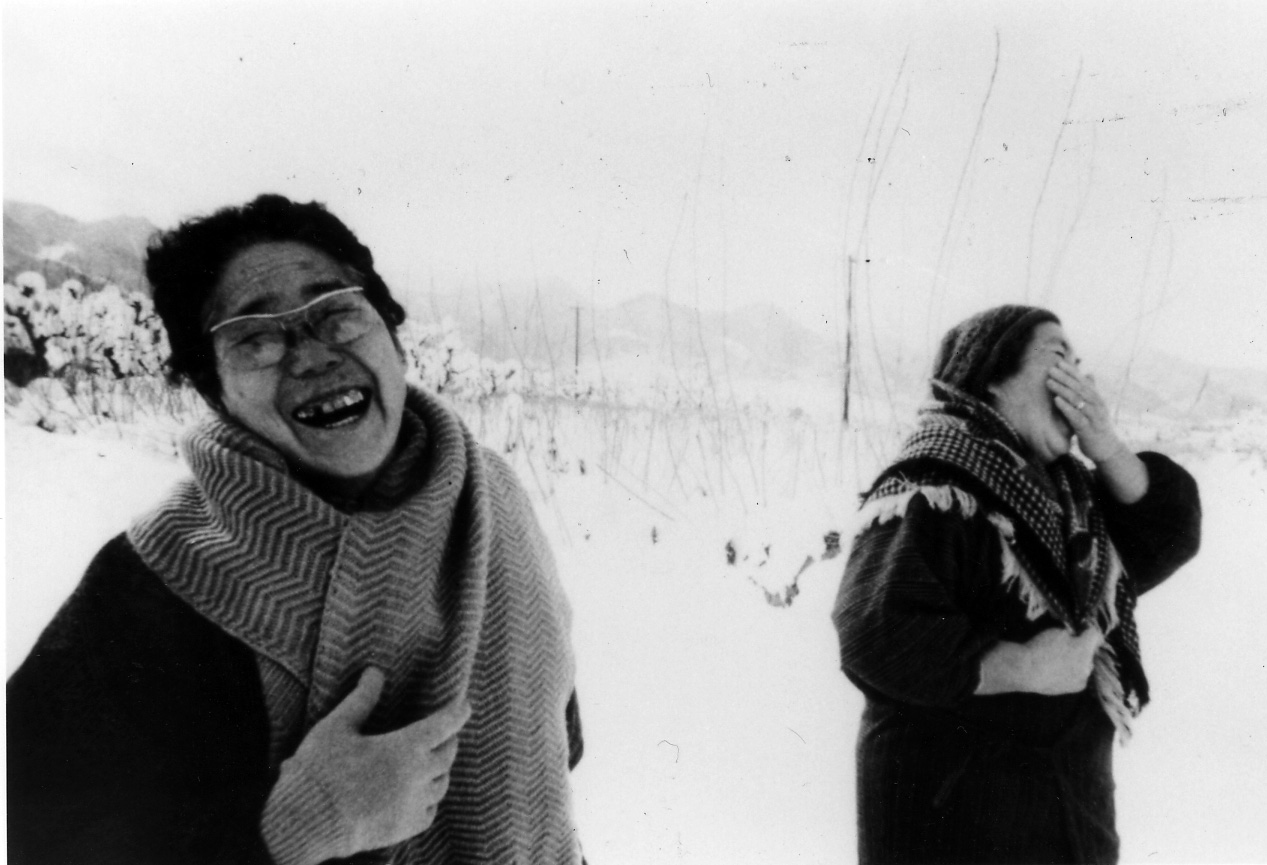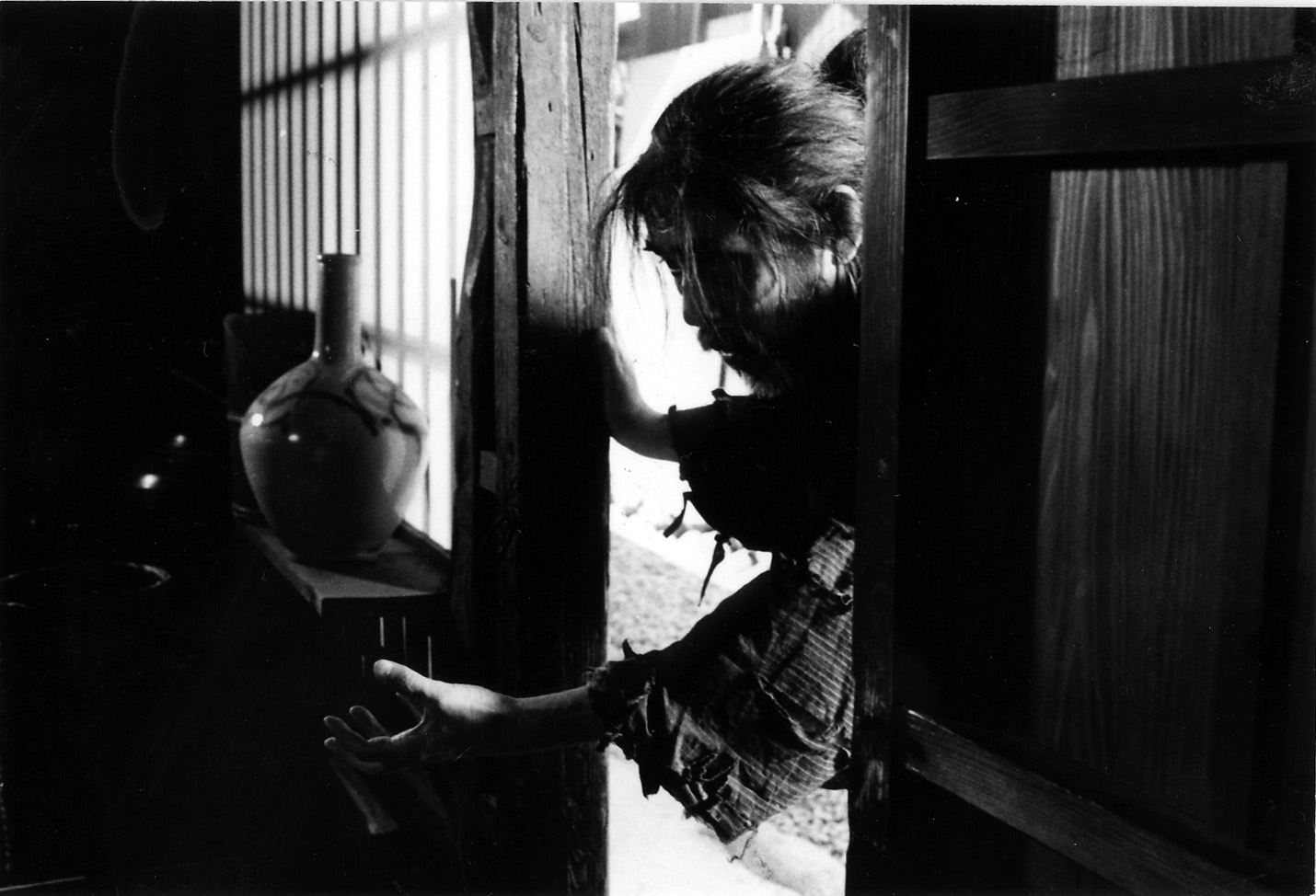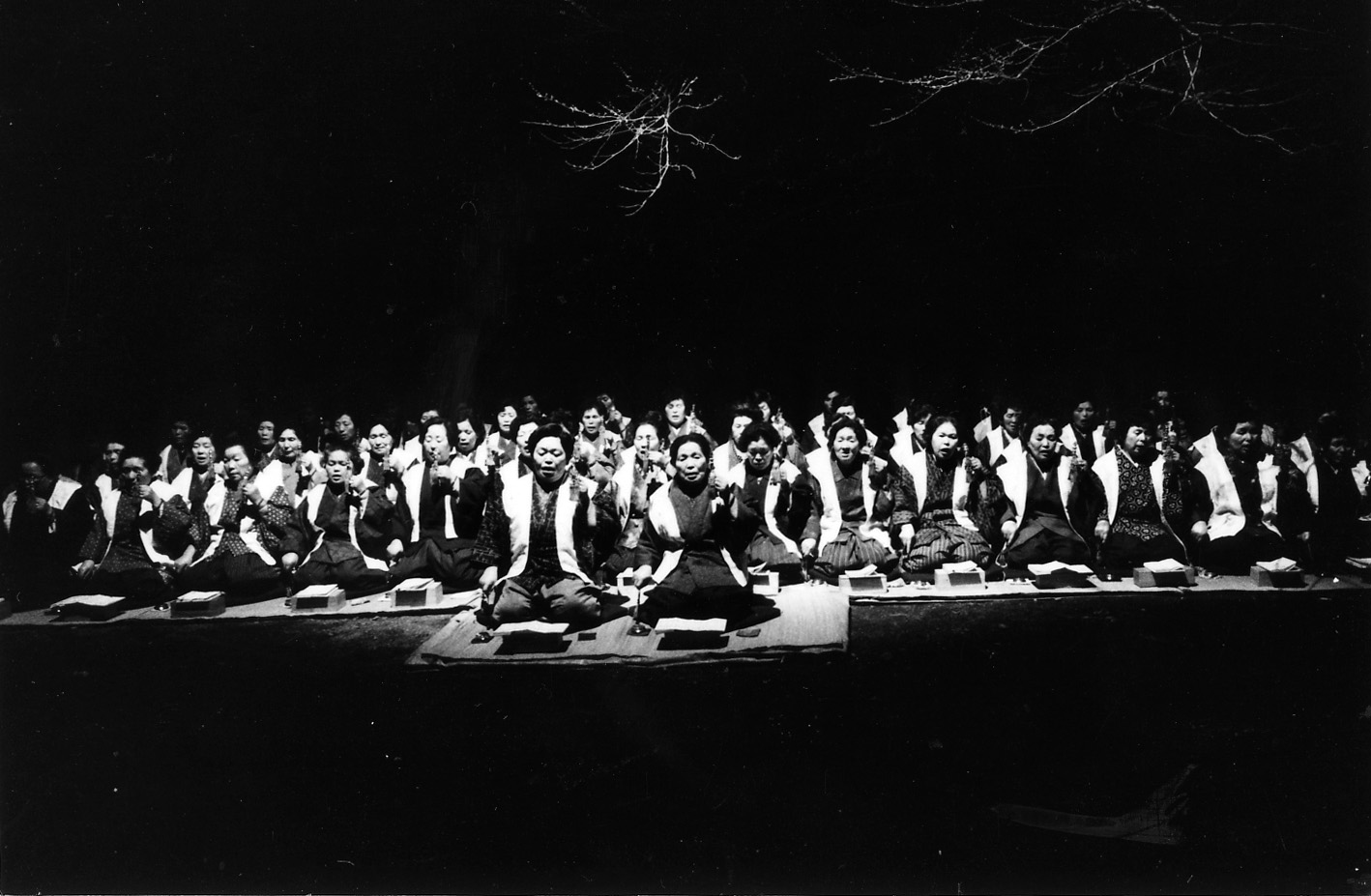Magino Village
OGAWA Shinsuke
- Japan
- 1987
- 222min
- 12 +
- DCP
- color
Synopsis
In 1974, Ogawa production moved from Sanrizuka to the Magino Village in Yamagata. There, he begins to learn a lot from the villagers including rice farming, rituals, history, and mythology of the town. Thirteen years go by. Based on the intimacy with the villagers through relationship, oral records and personal/communal narratives, The Legend of Magino Village is completed.
Review
In 1974, Ogawa Production moves from Sanrizuka to Magino Village in Yamagata. In 1987, he completed Magino Village which begins with a narration “We lived in Magino village for thirteen years and grew rice.” Subtitled “Sundial engraved with Millennium,” this monumental work is a compilation of methods ranging from interviews to ethnographic participatory observations, archaeological investigations, and dramatic reproductions. Ogawa Shinsuke not only captures farming with the natural or scientific documentary language but also puts a lot of effort into conveying the diverse history and culture of the village. Particularly in the reenactment of The story of Horikiri Kannon and The Origin of Itsutsutomoe Shrine with the direct participation of professional actors and the villagers. By arranging various scenes produced over 13 years on a single timeline, Shinsuke Ogawa creates a non-linear and multi-layered temporality in which the town's past and present coexist. It is a work that opens a new possibility of documentary that goes beyond the current objective record.
Director
-

OGAWA Shinsuke
Ogawa Shinsuke is one of the most influential Japanese documentarians after the war. His filmmaking collective, OGAWA PRODUCTION, was created in the late 1960s and produced a number of films, such as the NARITA and MAGINO VILLAGE series, which dealt with political conflicts and grassroots culture in Japan. In addition, he played a pivotal role in the establishment of the Yamagata International Documentary Film Festival.


